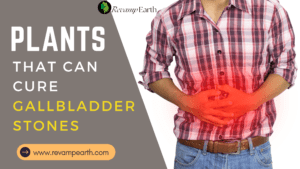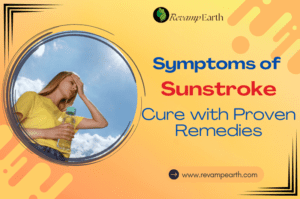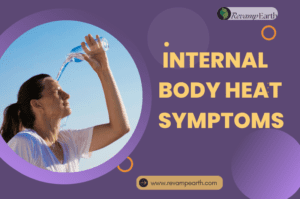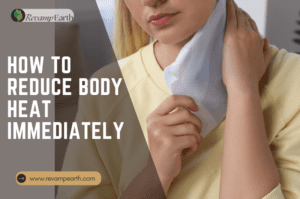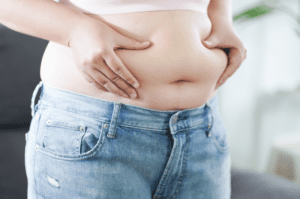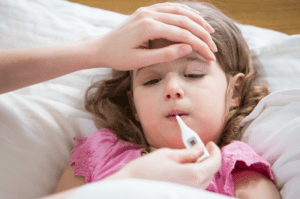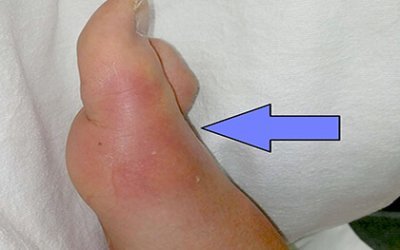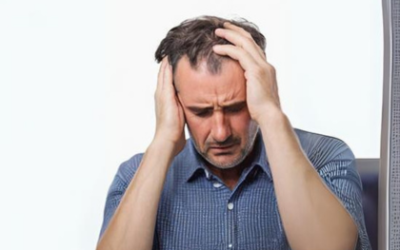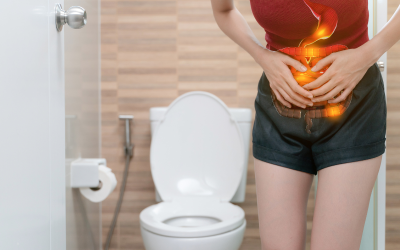How to remove Pimples/Acne. Get rid of marks and patches
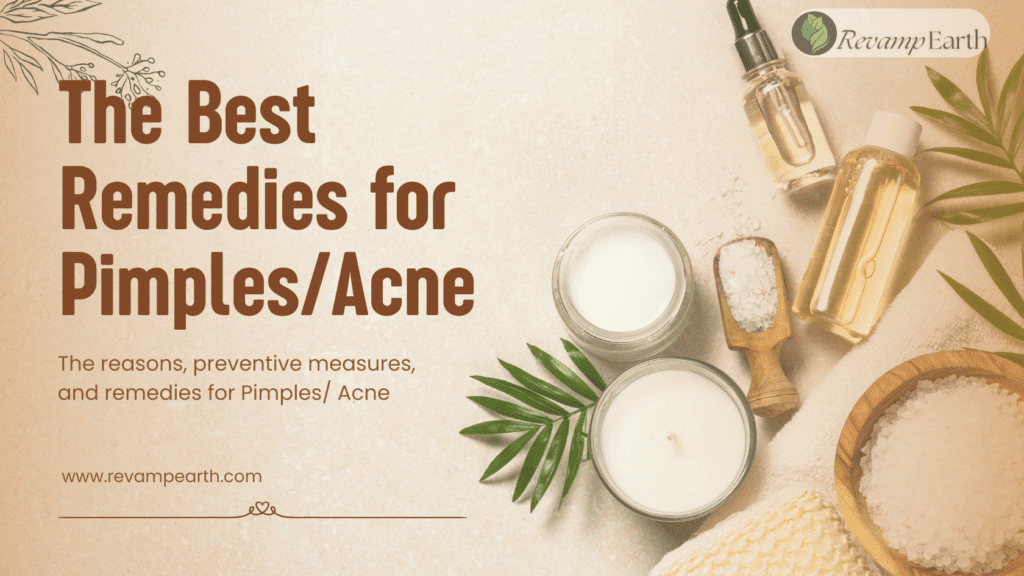
Welcome to our blog on effective remedies for Pimples/ Acne, your go-to source for clear and simple solutions to tackle pimples and acne. If you’ve ever dealt with these skin concerns, you’re not alone, and we’re here to help. Our blog breaks down the causes and remedies, offering practical advice and expert insights for achieving a clear and confident complexion.
Say goodbye to skincare confusion! We provide easy-to-understand information on what causes acne and share effective remedies. Whether you’re a skincare beginner or looking to refine your routine, our blog is your friendly guide to healthier, blemish-free skin.
Join us on this journey toward a clearer complexion. Let’s navigate the world of skincare together because everyone deserves to feel great in their own skin. Welcome to a community that understands your skincare.
Complications of Pimples/ Acne:
Acne, if not properly managed, can lead to various complications and potential challenges for individuals. Some of the complications associated with acne include:
Scarring: Severe acne lesions, such as nodules and cysts, can result in permanent scars. Inflammatory acne can damage the surrounding skin tissue, leaving behind scars that may affect one’s appearance and self-esteem.
Hyperpigmentation: After the healing of acne lesions, dark spots or hyperpigmentation may persist. This discoloration can take time to fade and may require additional treatment to address.
Psychological Impact: Acne can have a significant impact on an individual’s mental and emotional well-being. It may lead to feelings of self-consciousness, low self-esteem, and even depression or anxiety, particularly if the acne is persistent or severe.
Secondary Infections: Picking or squeezing acne lesions increases the risk of introducing bacteria into the skin, potentially leading to secondary infections. This can exacerbate the inflammation and prolong the healing process.
Permanent Changes in Skin Texture: In some cases, acne can cause changes in the skin’s texture, leaving it uneven or rough. This may be especially noticeable in areas where severe acne lesions occur.
Delayed Treatment Effects: Delaying or neglecting proper acne treatment may cause the condition to worsen, making it more challenging to manage in the long run. Early intervention is crucial to preventing complications.
Possible Causes of Pimples/ Acne:
Pimples, or acne, can be caused by a variety of factors, and it often results from the interaction of these factors. Here are some common causes of pimples:
Excess Oil Production (Sebum): Overproduction of sebum, an oily substance produced by the skin’s sebaceous glands, can clog pores and lead to the development of pimples.
Clogged Hair Follicles: When hair follicles become clogged with dead skin cells and excess sebum, it creates an environment conducive to the growth of acne-causing bacteria.
Bacteria: Propionibacterium acnes (P. acnes) is a type of bacteria that thrives in clogged pores. It contributes to inflammation and the formation of acne lesions.
Hormonal Changes: Fluctuations in hormone levels, particularly during puberty, menstruation, pregnancy, and menopause, can stimulate sebum production and increase the likelihood of developing pimples.
Genetics: A family history of acne can increase the likelihood of experiencing acne. Genetics may influence factors such as skin type and how the skin responds to hormonal changes.
Certain Medications: Some medications, including corticosteroids, certain oral contraceptives, and drugs containing lithium, can contribute to acne development as a side effect.
Diet: While the relationship between diet and acne is complex and varies among individuals, some studies suggest that certain dietary factors, such as high glycemic index foods and dairy products, may influence acne development in some people.
Stress: Stress can trigger hormonal changes that may contribute to acne development. Additionally, stress may lead to behaviors such as touching the face or picking at the skin, which can worsen acne.
Environmental Factors: Exposure to certain environmental factors, such as pollution and humidity, can influence skin health and potentially contribute to the development of pimples.
Inflammatory Response: Inflammation plays a significant role in the formation of acne lesions. The body’s immune response to clogged pores and bacterial presence can lead to redness, swelling, and the characteristic appearance of pimples.
Understanding the underlying causes of pimples can help in developing effective prevention and treatment strategies.
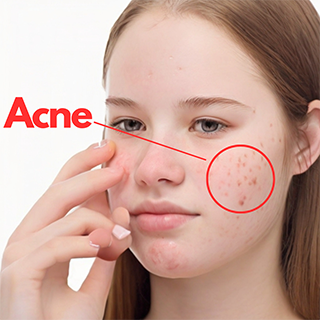
Management Strategies:
Managing pimples involves a combination of lifestyle adjustments, skincare practices, and, in some cases, medical interventions. Here are some effective management strategies for dealing with pimples:
Regular Cleansing:
Gently cleanse your face twice a day with a mild, non-comedogenic cleanser to remove excess oil, dirt, and dead skin cells.
Non-Comedogenic Products:
Use skincare and makeup products labeled as non-comedogenic to avoid clogging pores.
Moisturize:
Even if you have oily skin, use a lightweight, oil-free moisturizer to keep the skin hydrated without exacerbating acne.
Avoid Picking and Squeezing:
Resist the urge to pick or squeeze pimples, as this can lead to scarring and further inflammation.
Hands Off:
Avoid touching your face unnecessarily to prevent the transfer of bacteria and irritants to the skin.
Hormonal Management:
For individuals with hormonal acne, hormonal management strategies such as birth control pills or other prescribed medications may be considered under the guidance of a healthcare professional.
Topical Treatments:
Over-the-counter or prescription topical treatments containing ingredients like benzoyl peroxide, salicylic acid, or retinoids can help unclog pores and reduce inflammation.
Professional Skincare Treatments:
Dermatological procedures such as chemical peels, microdermabrasion, or laser therapy may be recommended for more severe cases of acne or scarring.
Prescription Medications:
Oral antibiotics, oral contraceptives, or prescription-strength topical treatments may be prescribed by a dermatologist for moderate to severe acne.
Lifestyle Modifications:
Manage stress through techniques like meditation, yoga, or exercise, as stress can contribute to acne development.
Maintain a balanced diet with a focus on fruits, vegetables, and whole grains, and consider limiting dairy and high glycemic index foods.
Regular Dermatologist Visits:
Consult a dermatologist for personalized advice and treatment plans, especially if over-the-counter products are not providing sufficient relief.
Remember that individual responses to acne treatments vary, and it may take time to see improvements. Patience and consistency are key in managing pimples effectively.
Exploring Herbal Remedies
Cinnamon:
A paste of cinnamon powder prepared with a few drops of fresh lime juice can be applied over pimples and blackheads with beneficial results.
Coriander:
A teaspoon of coriander juice, mixed with a pinch of turmeric powder, is an effective remedy for pimples/acne, blackheads, and dry skin. The mixture should be applied to the face after washing it thoroughly, every night before bed.
Precaution: Dry coriander should be sparingly used by persons suffering from bronchial asthma and chronic bronchitis.
Fenugreek:
The paste of the fresh leaves applied on the face every night before bed and washed with warm water the next morning prevents pimples, blackheads, dryness of the face, and the early appearance of wrinkles. It also improves complexion and makes one look a few years younger.
Sandalwood:
An emulsion or a paste of the wood is a cooling dressing in inflammatory and eruptive skin diseases such as erysipelas, an inflammatory disease of the face, and prurigo, an Ichi eruption.
The oil is useful for scabies too. This oil mixed with twice its quantity of mustard oil is used for removing pimples. In summer regular application of sandalwood paste on the body, especially for children, has a refreshing effect, which heals any tiny infected spots.
Aloe vera:
Grind the pulp of aloe vera leaves so that it will become like a paste. Apply the paste directly on the affected area for a few days. It also acts as a moisturizer.
Always remember that the effectiveness of herbal remedies can vary, and individual responses may differ. It’s crucial to consult with your healthcare provider before trying any herbal supplements, especially if you are taking medications or have pre-existing health conditions. Additionally, herbal remedies should be used as part of a comprehensive treatment plan that includes proper medical care, lifestyle modifications, and medication adherence.
References
Anna Hwee Sing Heng & Fook Tim Chew(2020) Systematic review of the epidemiology of acne vulgaris. Scientific reports, Nature.com. View
J Ayer and N Burrows (2006) Acne: more than skin deep. National Library of Medicine. View
- H.K.Bakhru (1992) Herbs That Heal: Natural Remedies for Good Health. Orient Paperbacks. Delhi, India.
- T.V.Sairam (1999) Home Remedies Vol-II: A Handbook of Herbal Cures for Common Ailments. Penguin Books India.
Dos
Do Cleanse Gently:
Cleanse your face twice daily with a mild, non-comedogenic cleanser to remove impurities without over-drying the skin.
Do Use Non-Comedogenic Products:
Choose skincare and makeup products labeled as non-comedogenic to prevent pore-clogging.
Do Moisturize:
Use a lightweight, oil-free moisturizer to keep the skin hydrated without adding excess oil.
Do Protect Your Skin:
Apply a broad-spectrum sunscreen with at least SPF 30 daily, even on cloudy days, to protect your skin from harmful UV rays.
Do Keep Your Hands Off:
Avoid touching your face unnecessarily to reduce the risk of transferring bacteria and irritating the skin.
Do Practice Stress Management:
Incorporate stress-reducing activities into your routine, such as meditation, yoga, or deep breathing exercises.
Do Maintain a Healthy Diet:
Eat a balanced diet rich in fruits, vegetables, whole grains, and lean proteins. Consider reducing intake of high glycemic index foods and dairy if they seem to impact your skin.
Do Stay Hydrated:
Drink an adequate amount of water daily to help maintain skin hydration.
Do Change Pillowcases Regularly:
Change your pillowcases and sheets regularly to prevent the accumulation of oil, dirt, and bacteria.
Do Seek Professional Advice:
Consult a dermatologist if your acne is persistent, severe, or if over-the-counter products are not providing relief.
Don’ts
Don’t Pick or Squeeze Pimples:
Avoid picking or squeezing pimples, as this can lead to scarring and worsen inflammation.
Don’t Overwash Your Face:
Resist the temptation to overwash your face, as excessive cleansing can strip the skin of its natural oils and potentially worsen acne.
Don’t Use Harsh Scrubs:
Avoid abrasive scrubs that can irritate the skin and exacerbate acne. Opt for gentle exfoliants instead.
Don’t Skip Sunscreen:
Don’t skip sunscreen, even on cloudy days. UV rays can worsen hyperpigmentation and inflammation.
Don’t Use Heavy, Oil-Based Products:
Avoid heavy, oil-based skincare products that may contribute to pore clogging. Opt for oil-free and non-comedogenic options.
Don’t Assume All Acne Products Are Universal:
Not all acne products work for everyone. If a product isn’t producing results or is causing irritation, consider trying alternatives or consulting with a dermatologist.
Don’t Use Dirty Makeup Brushes:
Regularly clean your makeup brushes to prevent the buildup of bacteria that can contribute to acne.
Don’t Use Hot Water on Your Face:
Avoid using hot water to wash your face, as it can strip away natural oils and exacerbate dryness.
Don’t Stress Unnecessarily:
While stress management is important, don’t stress excessively about your skin. Anxiety can potentially worsen acne, so focus on positive habits and self-care.
Send Us A Message
FAQs
- Pimples or acne occur due to a combination of factors, including excess oil production, clogged pores, bacteria, and inflammation. Hormonal changes, such as those during puberty, can also trigger acne. Additionally, factors like stress, diet, and certain medications may contribute to the development of acne.
- To prevent acne breakouts, maintain a regular skincare routine that includes gentle cleansing, moisturizing, and exfoliation. Avoid using harsh products that may irritate the skin. Keep your skin clean and avoid touching your face frequently. Eating a balanced diet, managing stress, and avoiding picking at or squeezing pimples can also help prevent breakouts.
- Yes, diet can play a role in acne. While research is still ongoing, certain foods may exacerbate acne in some individuals. Foods with a high glycemic index (such as sugary snacks and refined carbohydrates) and dairy products have been associated with an increased risk of acne. Eating a balanced diet rich in fruits, vegetables, and whole grains may help improve skin health.
- Safe home remedies for acne-prone skin include using diluted tea tree oil, aloe vera gel, and honey. Tea tree oil has antibacterial properties and can be applied in a diluted form to affected areas. Aloe vera gel is soothing and can help calm irritated skin. Honey can be used as a natural mask to help kill bacteria and reduce inflammation. Always start with a small patch test to check for any adverse reactions, and avoid remedies that may be too harsh for sensitive skin, such as undiluted lemon juice or apple cider vinegar.

